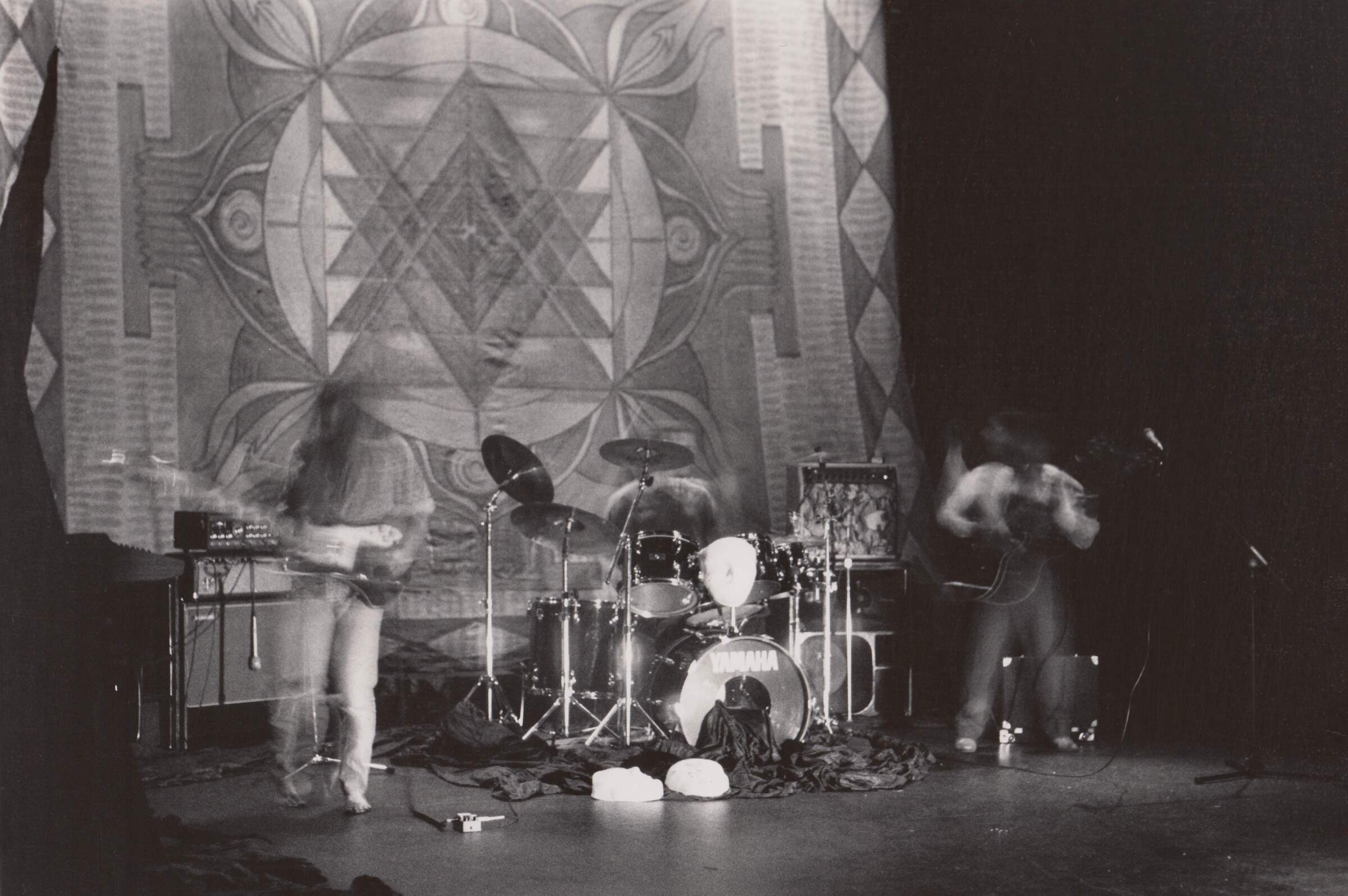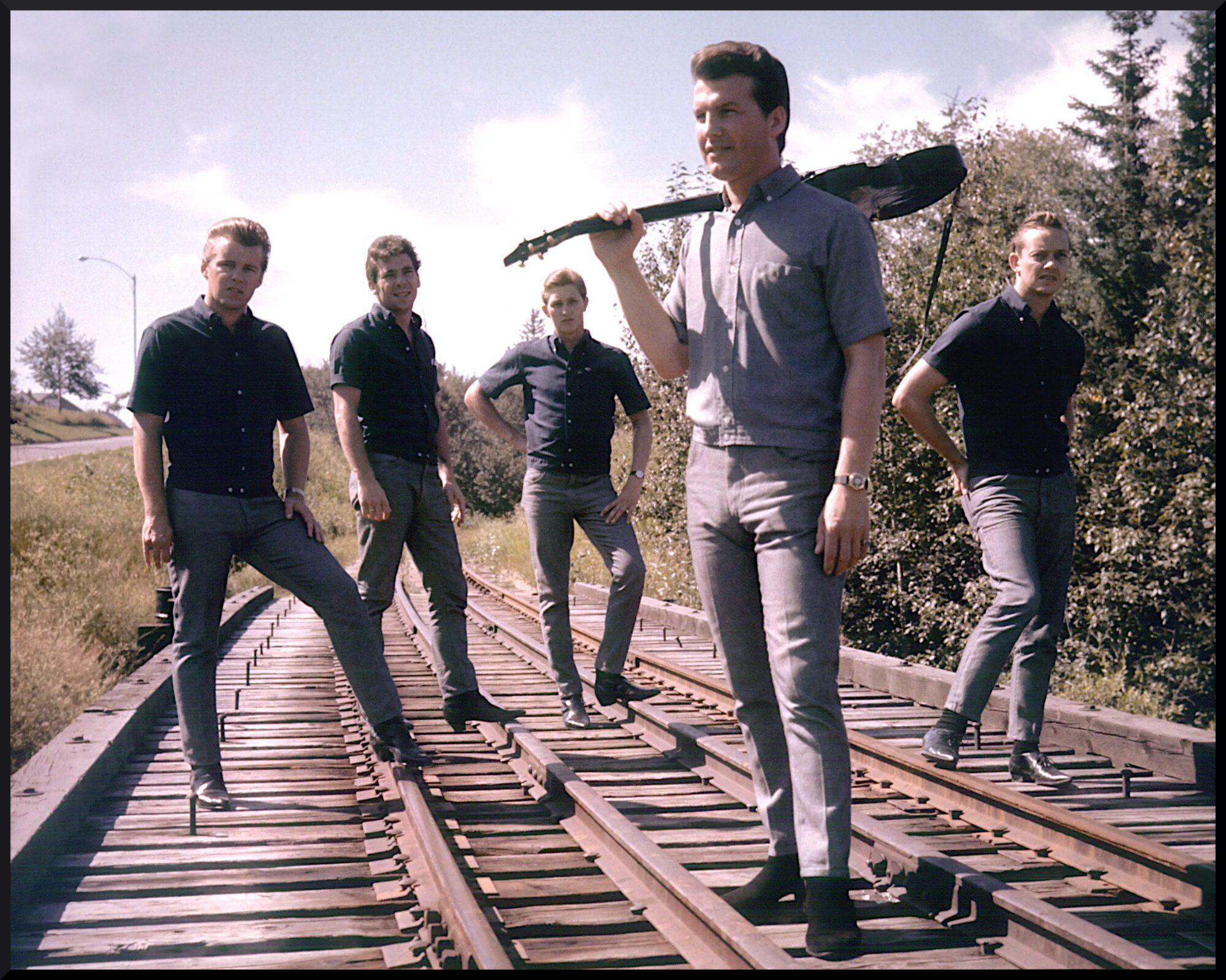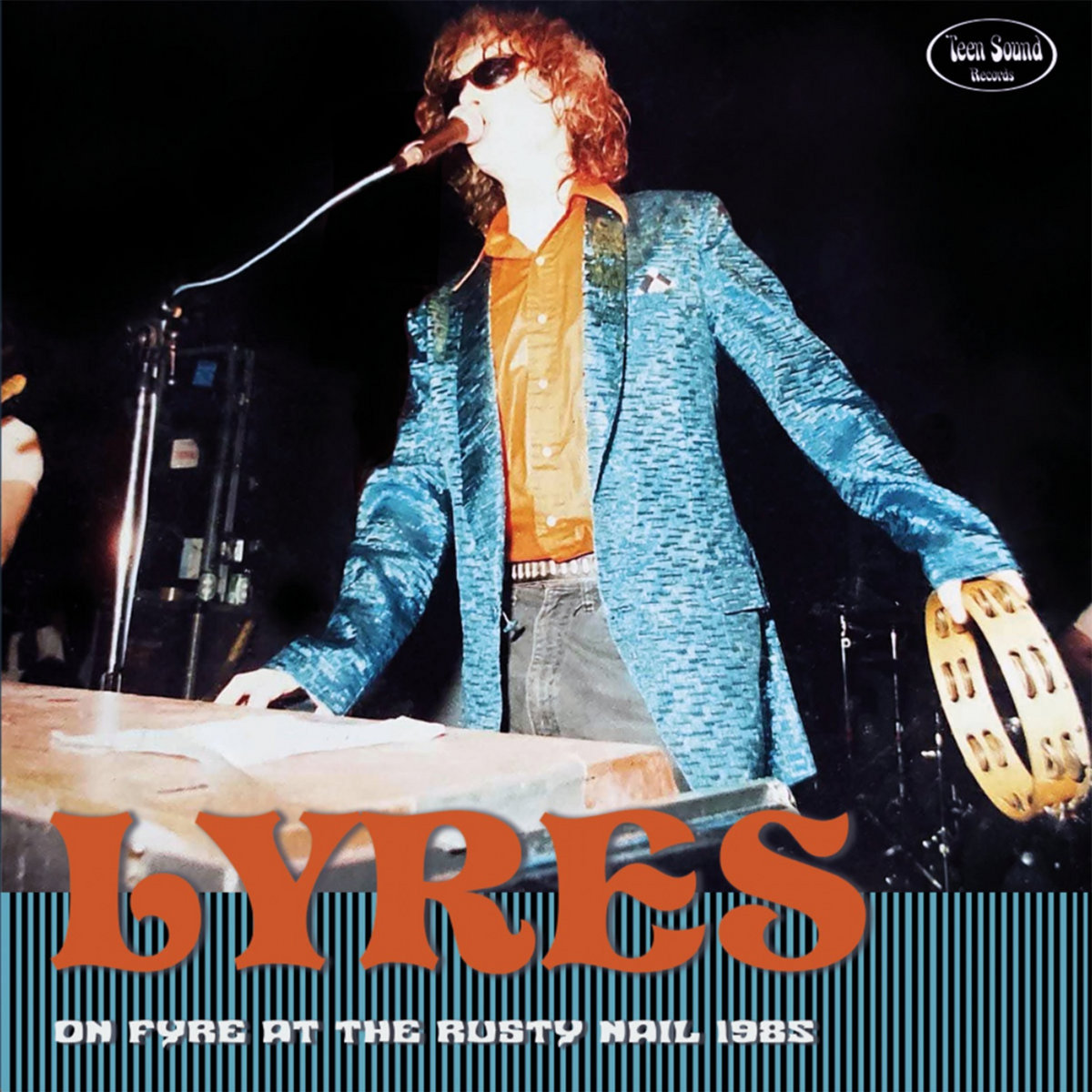Popol Vuh | Frank Fiedler | Interview
Frank Fiedler is a German cameraman, director, musician and producer. Frank Fiedler was the musical partner of Florian Fricke and co-founder of Popol Vuh, a German musical collective founded by keyboardist Florian Fricke in 1969 together with Frank Fiedler (sound design, fine cut), Holger Trülzsch (percussion), and Bettina Fricke (tablas and production).
In addition, he worked as a cameraman for numerous documentaries, fiction and theater films. From the late 1980s onwards, he added a few of his own directorial work, for example ‘Das Rad der Wiederkehr’, a filmic examination of the central Tibetan Buddhist symbol of the “Wheel of Life”.
“Great importance to artistic independence”

Would you like to talk a bit about your background? Who were your major influences?
Frank Fiedler: Yeah, that’s strange. It was the old jazz first in the fifties, for example Bix Beiderbecke, Red Nichols, Jelly Roll Morton. Then Mozart came into the game and later, in the sixties, on the one hand Pierre Henry, Pierre Schaeffer with Musique concrète, on the other hand the great dawn of rock music from the Beatles, Hendrix, Jefferson Airplane to the Doors, well, and then Popol Vuh. At the same time I was studying at the Berlin Film Academy (68-71) and was naturally also very interested in cinematic image design. We learned from Eisenstein, Papst, Murnau, Lang and from the great Americans like D.W. Griffith, Welles et cetera, studying all their movies. In addition, I always attached great importance to artistic independence, which was not only expressed in films that I made with Florian Fricke, but also in my own projects, such as ‘The Wheel of Recurrence’, about the emergence of Tibetan Buddhism and Scold Mankind, about the psychological quirk of modern society.
You studied Deutschen Film- und Fernsehakademie in Berlin (1968-71), where you specialized as a cameraman and cutter. How do you recall the student years?
At the film academy there were three study groups, direction, camera and production. I was in camera and you automatically learned how to edit films. Unfortunately, the arm of political violent criminals from the universities also extended into the academy. On the one hand, this broke up encrusted organizational structures, but on the other hand it also brought a lot of aggression and deconstruction into art, which was often not good for the cinematic expression because of its lack of humor and ideological doggedness. I think back to that time with very ambivalent feelings.
There was quite a lot happening in Germany in the late sixties. The German student protest movement of 1968, experimental music coming from pioneering bands et cetera. How do you recall that special period in time?
Much hope, little fulfillment.
Among your first works is a documentary on Pasolini by Karin Ehret (1969).
That indeed was a very interesting experience. We accompanied Pasolini for several weeks on all his journeys through Italy. A cool thinker to be taken very seriously.
There is a longer interview passage in the film that is rarely clear about the distortion of our societies and the possibilities of the media in it. We also did interviews with Luigi Nono and Bernardo Bertolucci.
How did you get in touch with Florian Fricke?
That was in the course of filming Pasolini. Ms. Ehret appeared one day at the Literary Colloquium at Wannsee in Berlin, where we students were doing film exercises and secretly hired me from the academy to go to Munich, where she lived. I met Florian there in her apartment.
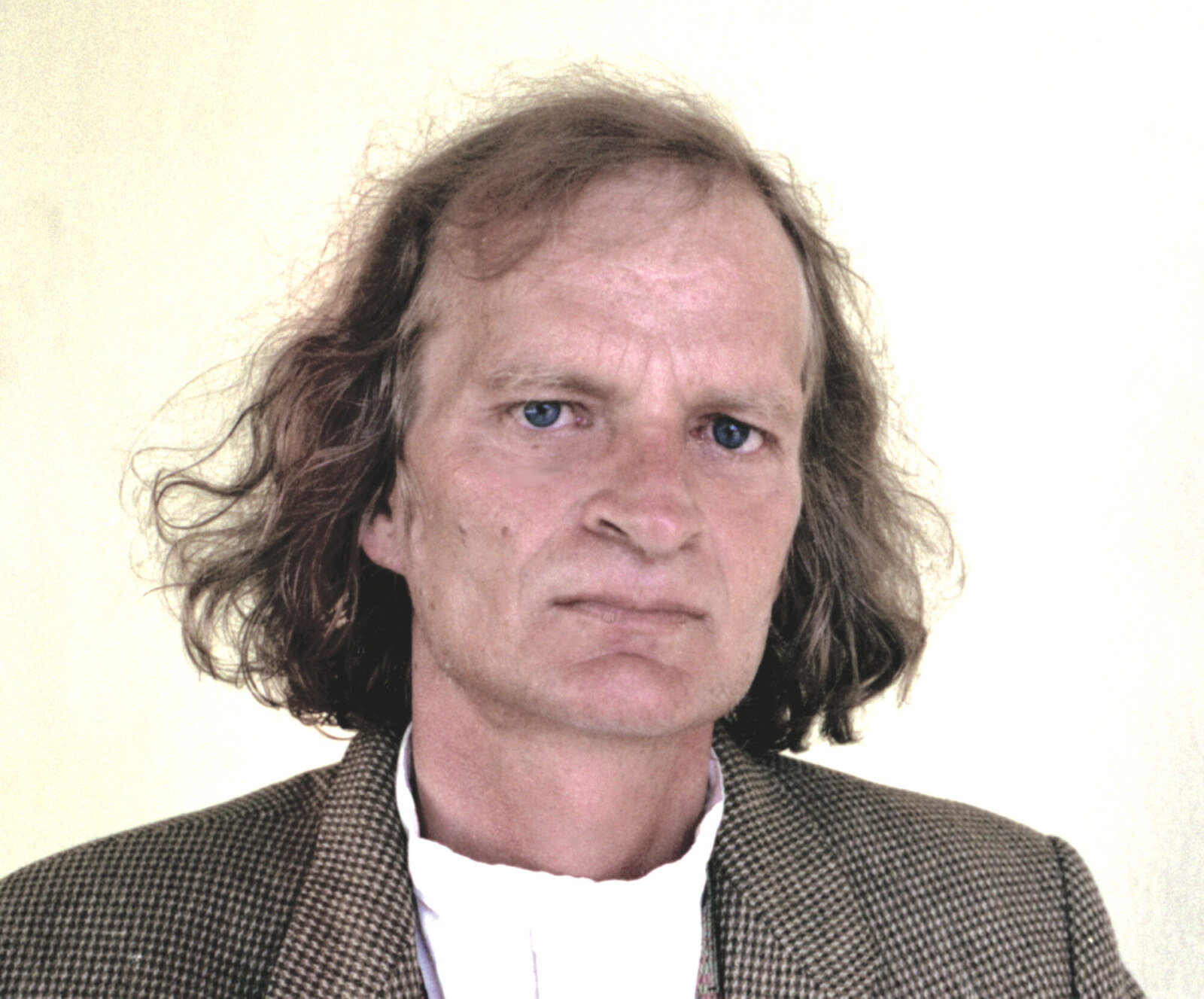
“We were able to bring our cultural differences to an inspired complement.”
Can you elaborate the formation of Popol Vuh?
When I met Florian, we quickly got into a rather intensive exchange of thoughts and ideas. (e.g. the old Indian texts of the Popol Vuh in its Spanish and German translations).
We were able to bring our cultural differences to an inspired complement. With the discovery of these first great synthie-sound machines, this often had ecstatic moves. We complemented each other well in the studio work. Florian had wonderful ideas, which we then turned into large sound structures with a lot of enthusiasm. You know the results, as there is ‘Affenstunde’, ‘In Den Gärten Pharaos’ and maybe ‘Messa di Orfeo’, those were the most intense creations with my participation.
Your most intensive work with Popol Vuh took place at the beginning and in the last phase of the band.
The first two discs were of high intensity and still heard a lot till now. With the third one I was able to step back, a pure instrumental and vocal recording, bigger film projects called me. Later, as a result, Florian and I kept going through different studio sessions, like for ‘Agape-Agape Love-Love’ and others. Our two exchanges of ideas always fostered the inspiration for the work, so we often came together.
He needed someone at his spiritual level who was also familiar with technology.
‘Messa di Orfeo’ is not just a symphony. It is both a film and a performance concept too, which was then realized twice in southern and northern Italy. One can imagine what an adventure it is, sponsored by two very different Italian cultural centers, to perform a fairly extensive Messa. In the end, Bari and Fano worked together. There is a film about it.
Tell us about your recollections of the sessions.
You lived in it.
‘Affenstunde’ was a real adventure. We brought the home recording technology of that time (two Revox tape machines with 38 cm/sec) together with a somewhat antediluvian studio technology, still on eight tracks. This continued with the’In Den Gärten Pharaos’. But here we had a lot more experience with the possibilities of studio technology and could put more sophistication in sounds and effects. In the years that followed, this all expanded to include 48-track technology (two synchronous 24-track machines) with increasing dynamic range and ever more interesting effects and possibilities for influencing the sound.
“If you understand each other, you can work together quickly”
You and Florian Fricke were dear friends and shared many magic musical moments. Would you describe your relationship with Florian Fricke? What was the dynamic between you two when it came to art making?
It was often the case that I came back to Munich from longer camera work abroad, e.g. two months in Colombia, three weeks in New York for a feature film and it didn’t take long before there was a meeting with Florian, who was already pregnant with new ideas. I mean, if you understand each other, you can work together quickly. We have always looked for very specific things, both in music and in our philosophical heights.
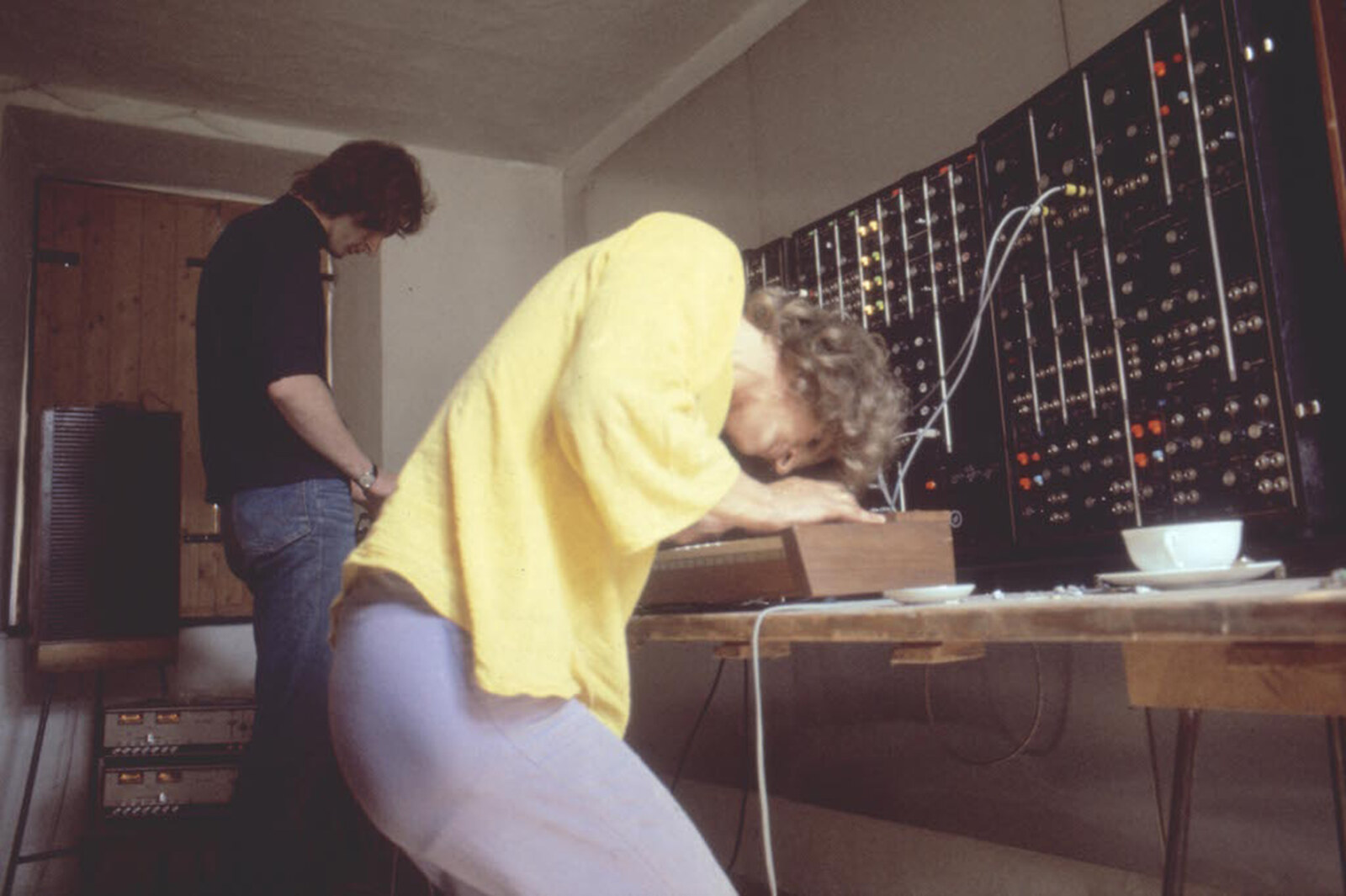
In particular, Florian’s claim, but also mine, was always aimed at deep human emotion and the redemption of intrigue and aggression in the deconstructive distortion of the artistic gesture.
Would you mind telling us a bit more in-depth about shared interest in the religion of the Maya and Christianity?
We weren’t particularly religious. More reconnaissed. We viewed modern religiosity and the new age movement with some skepticism. Florian was particularly interested in the very old, original texts and forms of music. He then used them again and again, e.g. The earth and I are one (Die Erde und ich sind eins), an old Essener text from the earliest Christian times, in ‘Messa di Orfeo’.
‘Das Rad der Wiederkehr. Buddha in den Bergen’ (1994) comes to my mind when talking about religion.
In the meantime I have completely restored that movie and brought all graphics up to date with the latest technology. There is also now an English version, ‘The Wheel of Recurrence’. Basically, this film is an entertaining analysis of this large pictorial motif of the “Wheel of Life” that can often be seen at the entrance to Tibetan monasteries. In addition, one learns a lot about the escape of the Buddhists into the Tibetan highlands after the conquest of Islam in northern India from the 7th century with its peak with the establishment of the Sultanate of Delhi around 1300. Only then did Buddhism come to Tibet and mixed there with the original Boen religion and its shamanism. An exciting symbiosis.
You also filmed Nekropolis 23 – a band of Peter Frohmader. I will be working with him soon. His music is very dark…
…wild and dark.
“Without psychological drugs there would be no human evolution.”
Did you ever experiment with psychedelics and if so, did it have any impact on who you became or did it influence the music you create?
Without psychological drugs there would be no human evolution.
For thousands of years man has made use of there strength in his ascent and has benefited from it. Cultural evolution grew on mushrooms, one could say. Without psychedelics, people would still be sitting in trees today. Every young artist tries something out in this regard. What bothers me today is the complete, modern, social misunderstanding of the creative potential of these substances. That these were banned from our today’s societies has its causes in a fascistic patronizing certain completely joy- and humorless purpose-people with a very narrow field of vision, but unfortunately too much power.
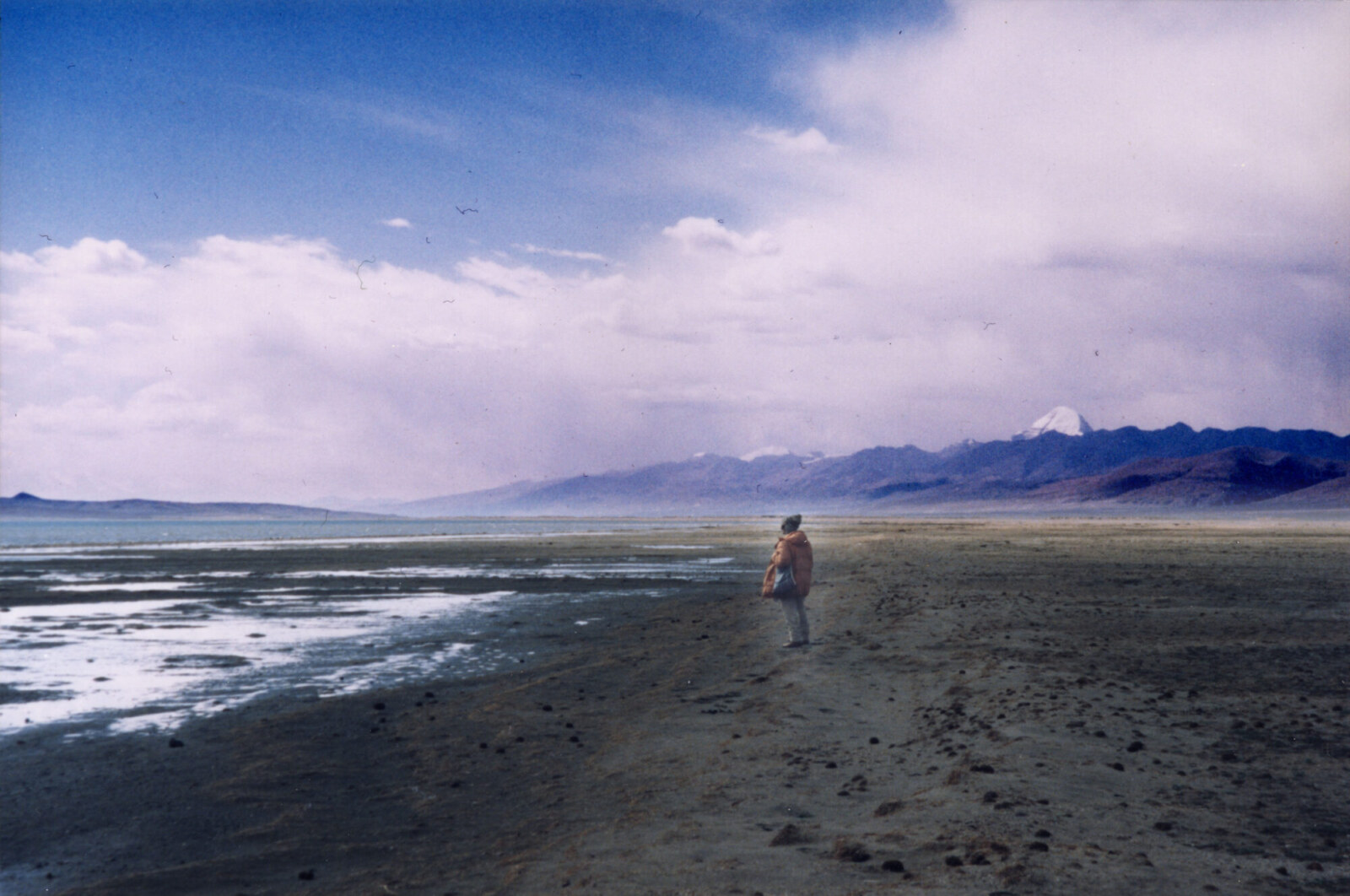
Certain, more violent elites want to enforce discipline. They see peoples as herds to be disciplined, now again nicely to observe worldwide in the corona hype. Mind-expanding circumstances only disturb. Vicious manipulators cannot use independent thinking.
Is there any unreleased Popol Vuh material?
Yes, there are still quite a few, but no big studio productions.
Would you discuss some of your most memorable moments in Popol Vuh and what made them so?
What I still remember well is our Moog recording sessions related to ‘Affenstunde’ in the Trixi studio Northern Schwabing in around 69/70s. It was such kind of an event that squeezes tears to your eyes from joy. Then there were nightly piano sessions which were great creative highlights, some of which luckily I was able to record. And finally the performance of ‘Messa di Orfeo’ in Molfetta/Apulia. Thousands of enchanted people filled the old town center and let our sounds and moving image projections carry them into the realm of early Greek musical inventions.
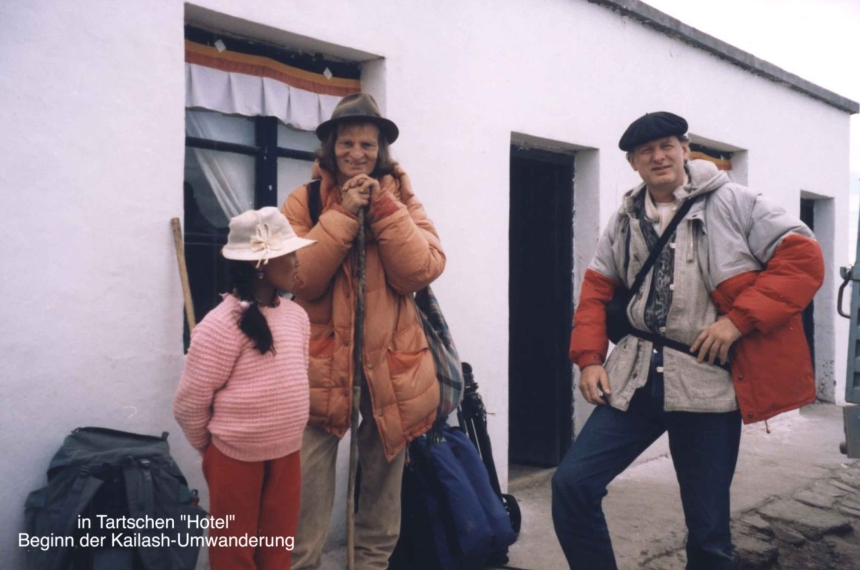
Between 1996 and 1999 you worked with Marc-Christian Witt.
Also a brother in mind.
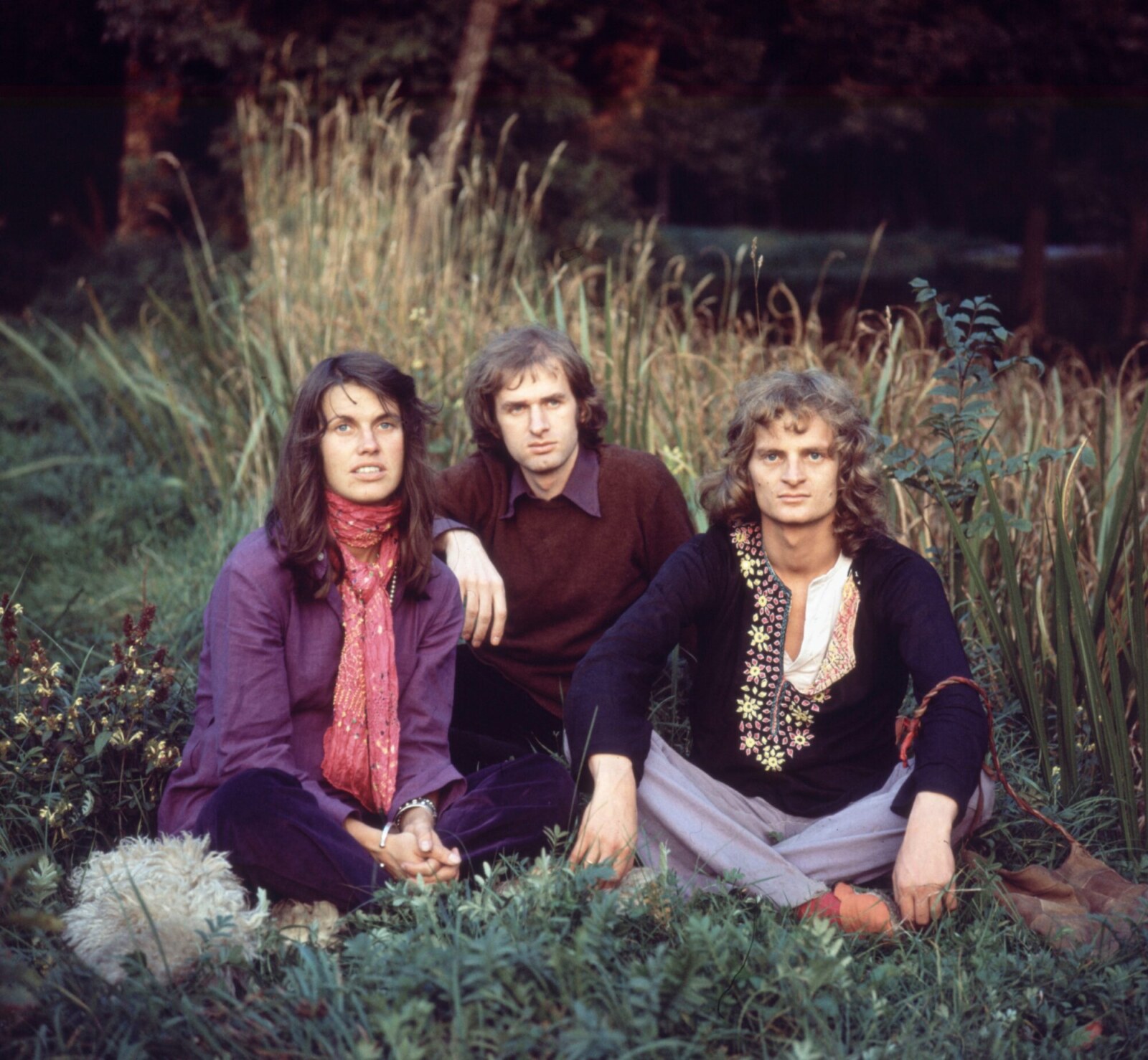
How about ‘Instant Enlightenment’ with Guido Hieronymus?
That was a good job with Guido. We tried to keep a little of the old Popol Vuh spirit alive. Then he moved to Berlin and made an uncomfortable change in character, as a result of which he tried to steal ideas from me and blackmail me artistically. We’ve been divorced ever since. Now he’s playing big as a ‘Popol Vuh member’, but he lacks the classical grandness that Florian brought into play. Alone, without Florian (or me?), his music stays a little flat. (kind of similar with Daniel Fichelscher)
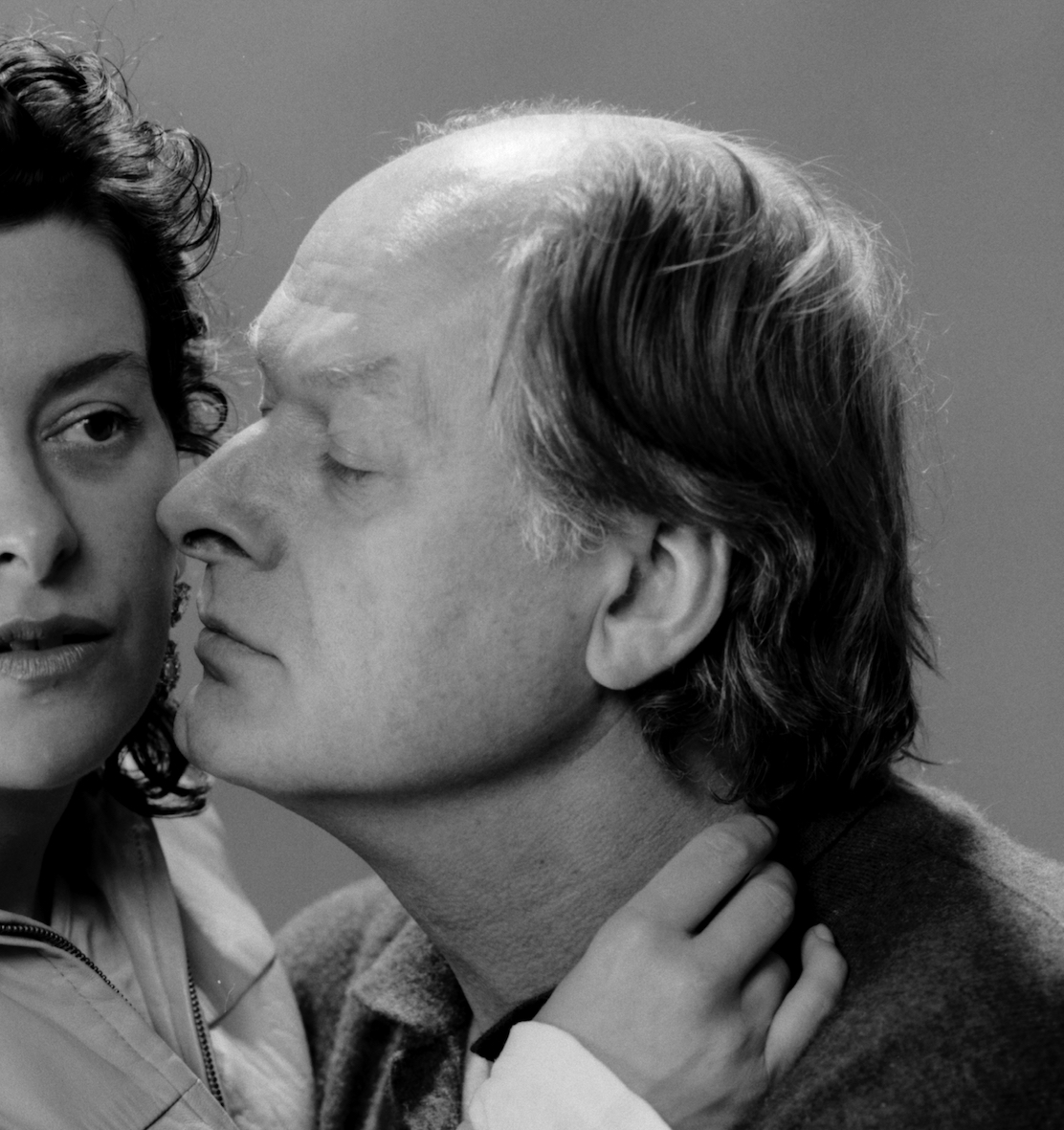
What currently occupies your life? What are some future projects?
I’ve just finished my last film project including the English version, title: ‘Scold Mankind’, or German: ‘Menschheitsbeschimpfung’. Now I’m working on getting this work to the audience. I have three films on my computer that have already been shot, one of which is the restoration of ‘Kailash – Pilgrimage to the Throne of God’, we made 1994, while surrounding the Kailash mountain.
I also released ‘Popol Vuh beyond – Requiem for Florian’ through Bandcamp, a homage to Florian’s musical genius. (Here Guido cheekily used my ideas and posted his own music under the same title at Bandcamp)
Thank you. Last word is yours.
The Buddha pointed out that the path of humanity inevitably leads to enlightenment. I say: the sooner the better. Frank Fiedler
Klemen Breznikar
Frank Fiedler Official Website
Popul Vuh [unofficial] Website
An interview with Danny Fichelscher, member of Popol Vuh, Gila, Amon Düül II and Niagara

